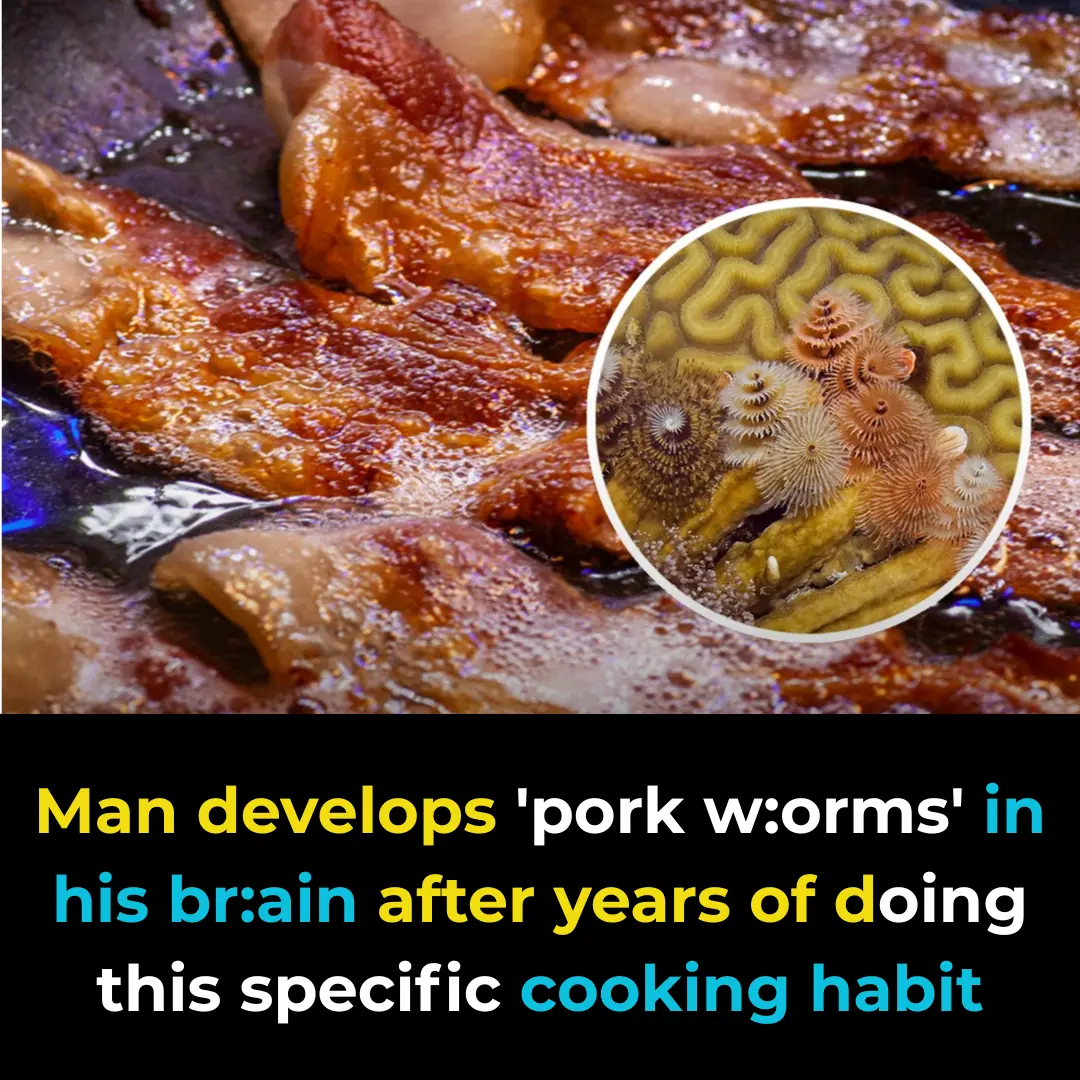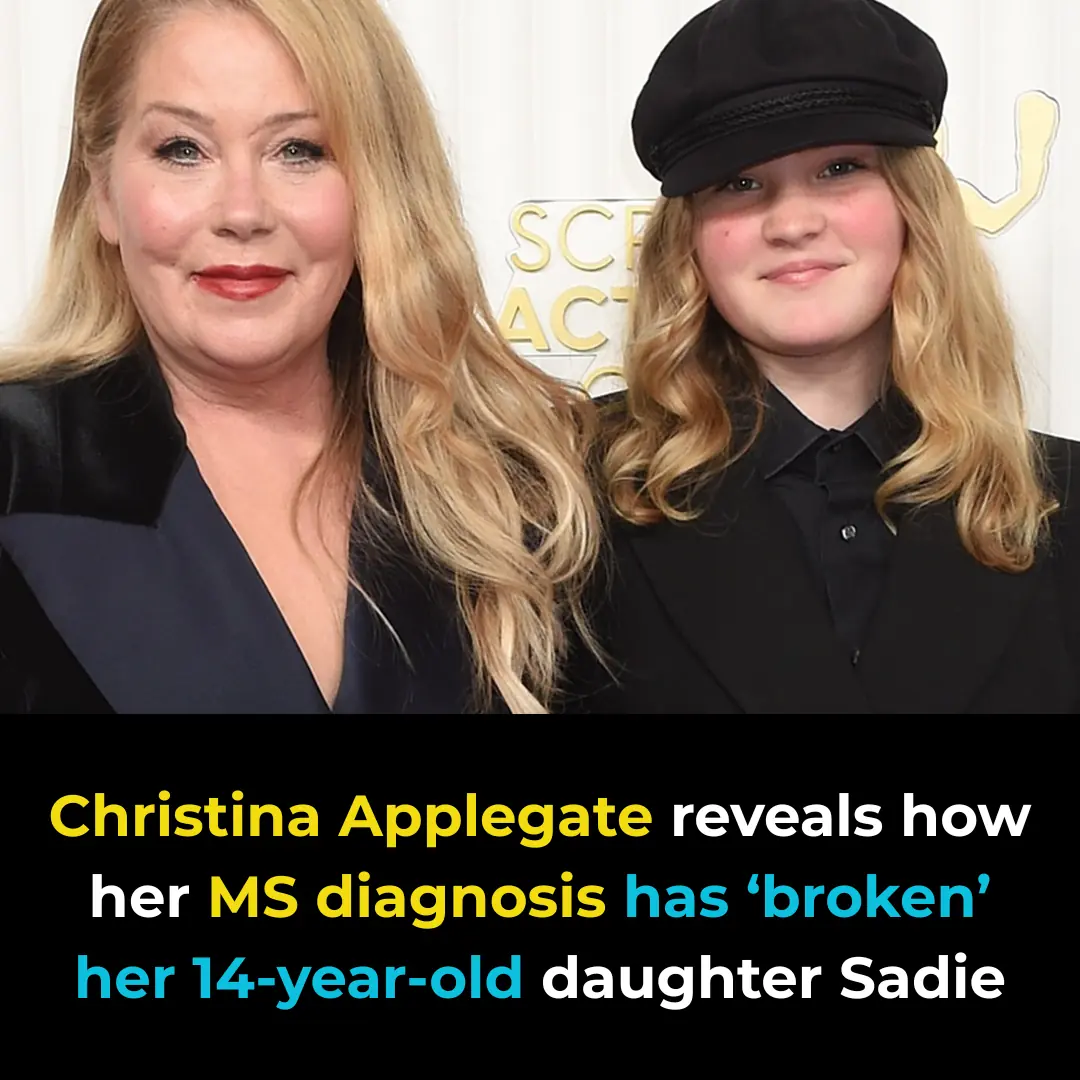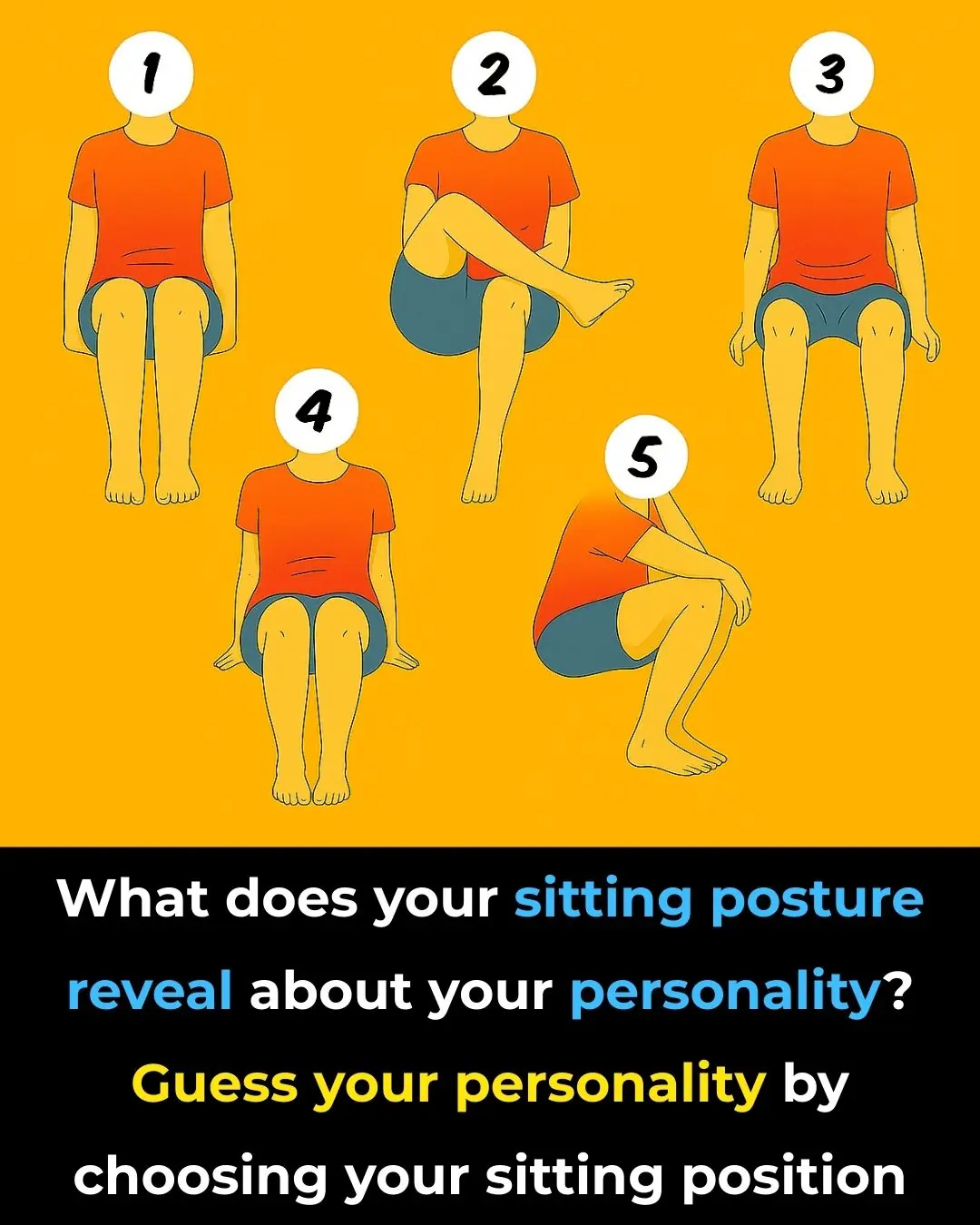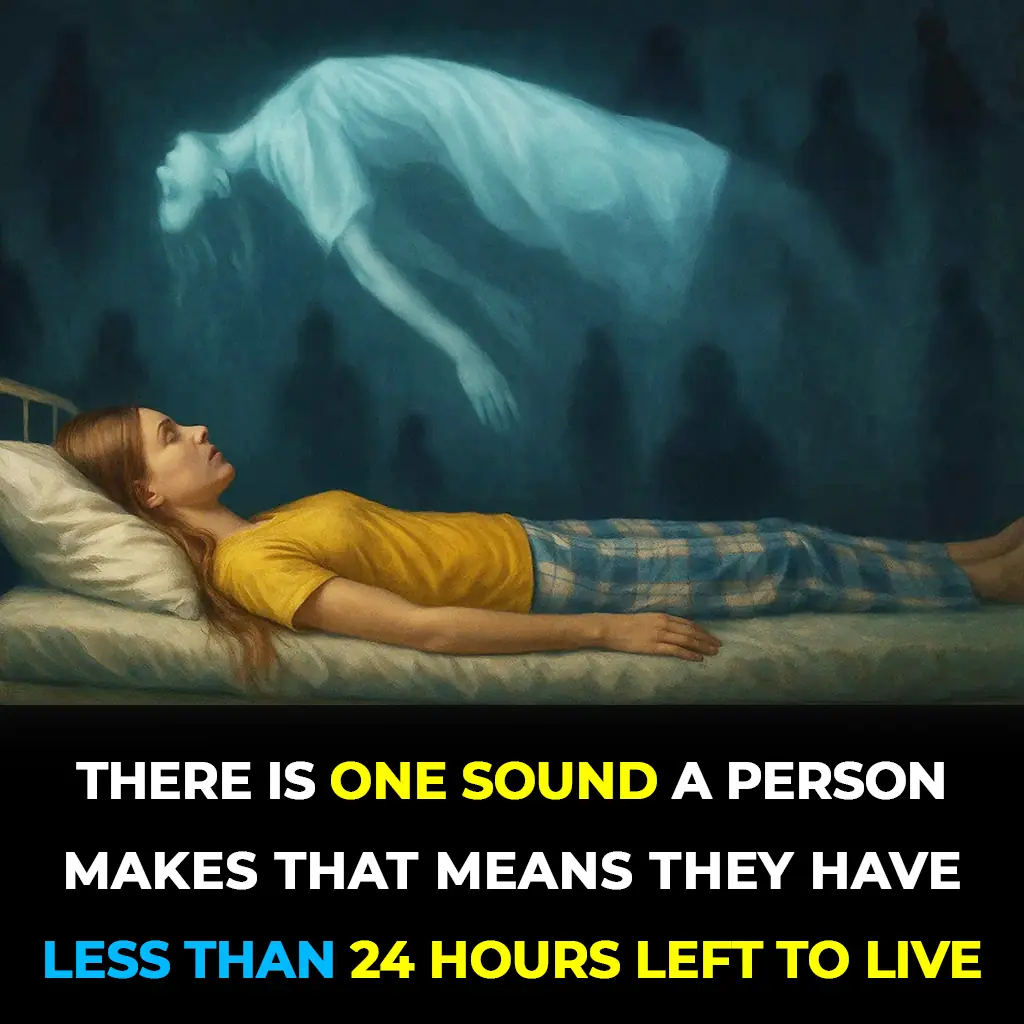
Expert issues warning to couples as 'menodivorce' becomes increasingly common in relationships
Why More Middle-Aged Women Are Divorcing Their Husbands — And the Surprising Role Menopause Plays
While overall divorce rates in the United States have been declining in recent years, a new and rather unexpected trend is starting to surface. Known as “menodivorce,” this phenomenon refers to middle-aged women choosing to end their marriages during perimenopause or menopause.
CNN reported that marriage rates have risen and divorces have generally decreased, but specialists and surveys now suggest that a significant number of women are leaving long-term relationships specifically at this stage of life.
What exactly is perimenopause?
According to the Mayo Clinic, perimenopause is “the time before menopause when your body is getting ready to stop having periods.” This transition can last several years and often brings symptoms such as hormonal fluctuations, sleep issues, mood swings, and decreased libido. For many women, these changes become a catalyst for reevaluating their lives and relationships.

More women approaching menopause are leaving their husbands (Getty Stock Image)
Melissa McClure is one of those women. She ended her marriage of 14 years during perimenopause. Reflecting on her experience, she told USA Today: “We spend our entire adult lives taking care of our husbands or partners and children. We give so much of ourselves as nurturers that we lose ourselves in the process.” For Melissa, leaving her marriage was not a reckless midlife crisis but an awakening, a step toward reclaiming her identity.
The numbers behind the trend
Research supports that Melissa’s story is far from unique. A 2022 UK survey conducted by the Family Law Menopause Project and Newsom Health Research and Education found that seven in ten women blamed perimenopause or menopause as a contributing factor in the breakdown of their marriage.
Similarly, U.S. statistics tell a revealing story. A study from Bowling Green State University’s National Center for Family and Marriage Research discovered that by 2019, one in four divorces involved adults aged 50 and older. This marks a stark rise from 1990, when only one in ten divorces came from this demographic.
Considering that the average age for menopause in America is 51, according to the Mayo Clinic, the overlap between these statistics is difficult to ignore.
Why does menopause lead to divorce?
Dr. Sameena Rahman, an OB-GYN and menopause specialist, explained the situation bluntly in an interview with Good Morning America. “One of the things I hear about is the irritation they may feel with the person they’ve been with for the longest period of time,” she said. “Sometimes it’s the way they chew, or even the way they look at them.”
Speaking further with USA Today, Dr. Rahman added: “They might still love their husbands or partners, but they also hate them, and they can no longer put up with the things they tolerated for decades.”
She also emphasized that hormonal changes often come alongside other stressors: demanding jobs, teenagers at home, aging parents, or empty nests. Combined with symptoms like hot flashes, anxiety, sleep problems, and a reduced sex drive, these pressures can become unbearable within the marriage dynamic.
Real-life stories
Katy Viva, a mother of three, also divorced her husband of 24 years during menopause. While she stopped short of saying menopause directly “caused” the split, she was clear about its influence. “I don’t know if menopause caused the divorce. But I will say that menopause made me unwilling to put up with the bullsht anymore,”* she explained.
She elaborated with striking clarity: “Life is too long, not too short. I’ve got time left in me, and I don’t want to spend it with someone I don’t respect or who doesn’t truly love me.”
Her words capture the central theme: menopause often acts as a breaking point where many women reassess what they want from the second half of their lives.
Can relationships survive menodivorce?
Experts caution that while menopause can strain relationships, it doesn’t always have to end in divorce. Couples are advised to seek professional support through therapy, open communication, and medical treatment to help manage symptoms. Addressing both the physical and emotional challenges together can ease tensions and sometimes even strengthen the partnership.
Still, for many women, menopause seems to highlight long-standing dissatisfaction that can no longer be ignored. Whether it’s frustration with unmet emotional needs, years of unequal household responsibilities, or a deeper desire for independence, menopause often acts as the trigger for life-changing decisions.
News in the same category


Woman who d::ied for 24 minutes before being brought back to life details exactly how it felt

‘Healthy Man’ Diagnosed With Cancer After Noticing Dog’s Bizarre Behavior Around Him

Nearly 64% of All Bottled Water in America Is Just Tap Water. These Are the Brands.

The difference between the spirit of a loved one and other forces

One Swedish man replied to all those who wondered how people live in such tiny apartments by showing his own

Christina Applegate reveals how her MS diagnosis has ‘broken’ her 14-year-old daughter Sadie

How True Love Shows Itself During Intimacy

‘Miracle’ Moment: Cross Necklace Stops Bullet and Saves Man’s Life

Christian Bale Built $22 Million Foster Care Village in California

Emma Stone opens up about coping with fame after revealing she would like to be called by real name

Airline sparks outrage with controversial new plus-size seating rule

Millionaire game hunter killed by same buffalo he was stalking

Donald Trump’s Niece Raises Serious Concerns Claiming He’s ‘Declining Rapidly’ and ‘Rambling’

Why Some People Can’t Handle Spicy Food

The hidden meaning of thumb rings: what they represent for women vs. men

The Small Hole on the Sink: A Feature You Never Knew You Needed

Concerned Woman: Beware of Abandoned Prams on Roadsides!

Your Character According to Your Sitting Style
News Post

Firefighter reveals Princess Diana's last four words before she died
Nearly three decades after Princess Diana’s tragic death, a firefighter who held her hand in her final moments has shared what she said before losing consciousness. His emotional recollection sheds new light on one of the most heartbreaking nights in mo

Fans defend The Rock after he revealed 'slim' look which has left people extremely concerned
Dwayne “The Rock” Johnson stunned audiences with a dramatically leaner appearance at the Venice Film Festival, sparking a wave of divided reactions online. While some fans voiced concern for his health, others rushed to defend the Hollywood icon, remi

Elon Musk's daughter shares very honest message after cutting ties with billionaire dad who claimed she was dead
Vivian Wilson, the estranged daughter of tech mogul Elon Musk, has once again spoken out about life after severing ties with her world-famous father. In a rare and unfiltered message, she shed light on her personal struggles, her independence, and the rea

California hospital staff fired following 'dehumanizing' TikTok ridiculing their patients
What began as a short social media clip has ended in a scandal that shook a California healthcare network. A group of hospital workers recorded a TikTok mocking their patients—an act described as “dehumanizing”—and have now all been dismissed foll

Before-and-after images show effects space had on NASA astronauts after 9 months
What was supposed to be a short visit turned into nearly a year away from Earth. Now, newly released before-and-after images of two NASA astronauts show just how profoundly nine months in space can reshape the human body.

NASA just took the closest-ever images of the sun, and they are incredible
For the first time in history, humanity has peered closer into the blazing heart of our star than ever thought possible. NASA’s Parker Solar Probe has delivered astonishing images and video of the sun’s surface and atmosphere, revealing mysteries that

Rice Water: The “Liquid Gold” in Your Home That Most People Forget to Use

The Shocking Truth Behind “Bleach” Stains on Underwear – What Your Body Is Really Telling You
Many people are startled when they notice pale or bleach-like patches on their underwear and immediately assume something must be wrong. But far from being a sign of poor hygiene, this natural occurrence is actually one of the strongest indicators of a he

There Is One Sound A Person Makes That Means They Have Less Than 24 Hours To Live
As the body approaches its final hours, loved ones may hear a sound known as the “death rattle,” a sign that often causes deep concern. Though unsettling, this natural process is not painful for the person and understanding it can bring comfort to fam

Add This Simple Ingredient When Mopping – Your Floors Will Shine Like New and Stay Clean All Week!

5 Delicious Eating Habits That Put the Whole Family at Risk of C:ancer – Extremely Dangerous and Should Be Avoided Immediately

Be careful — one single action at the airport could ruin your en:tire life.

Condolences to those who are using these 4 types of electric kettles: Throw them away while you still can, thousands of people have already developed c:ancer.

How Magnesium Keeps Your Heart Rhythm Healthy

Why Do I Cough When Taking a Deep Breath?

Taking the Stairs Could Help You Live Longer

Purple Veins on Your Legs: When to Worry

Man develops 'pork worms' in his brain after years of doing this specific cooking habit

Signs Your Cortisol Is Dangerously High
